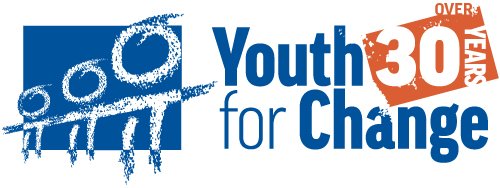I’m between a rock and a hard place. It’s six of one and half a dozen of another. Sound familiar?
Ambivalence is a potent, often uncomfortable feeling. Because positive and negative thoughts are processed in different areas of the brain’s cerebral cortex, someone who is feeling ambivalent about doing something, like changing a longtime habit, activates a more extensive area of the brain—it takes a lot of energy.
At any given moment, we have only a certain amount of cognitive processing capacity. When we feel overloaded, our brain looks for immediate shortcuts and retreats to old habits and behaviors—we return to autopilot. But what if we could help the individuals and families we work with pause and identify the source of his or her conflicted evaluations and make a plan to move forward?
This workshop will provide tools and skills to assist individuals identify ambivalence and support better and less biased decisions.
